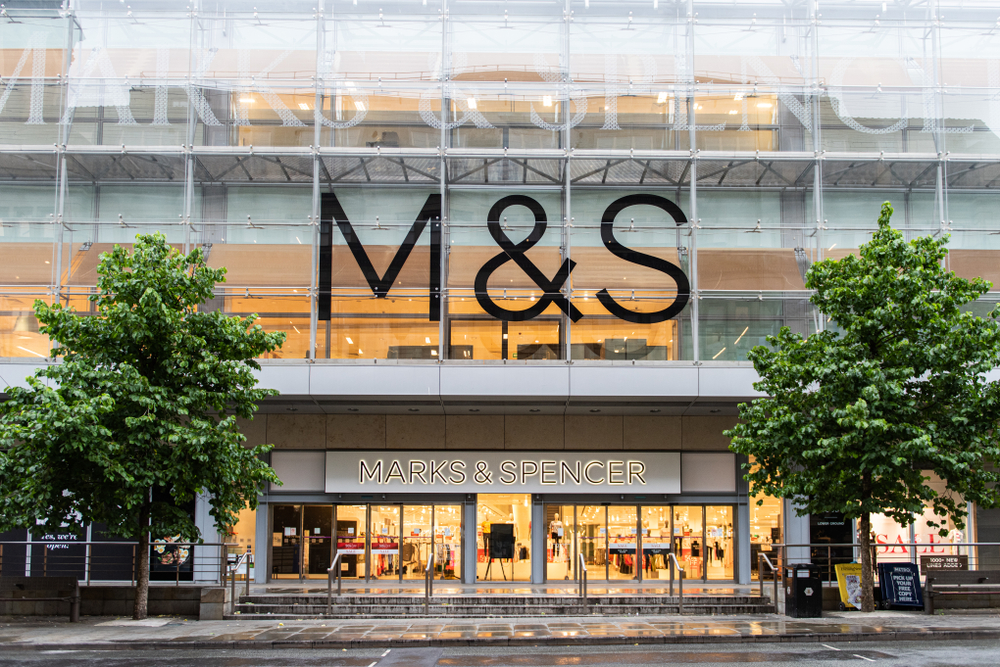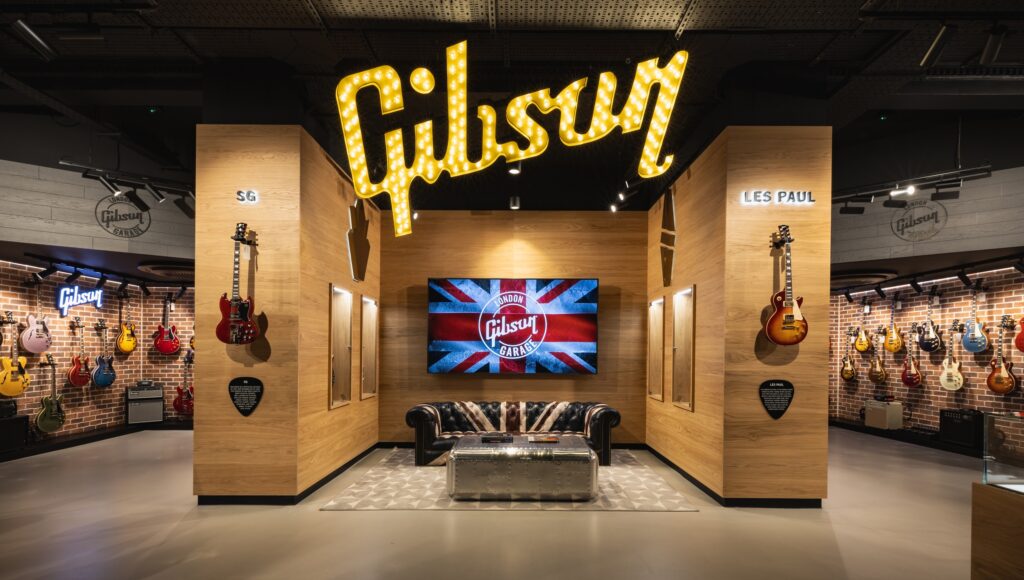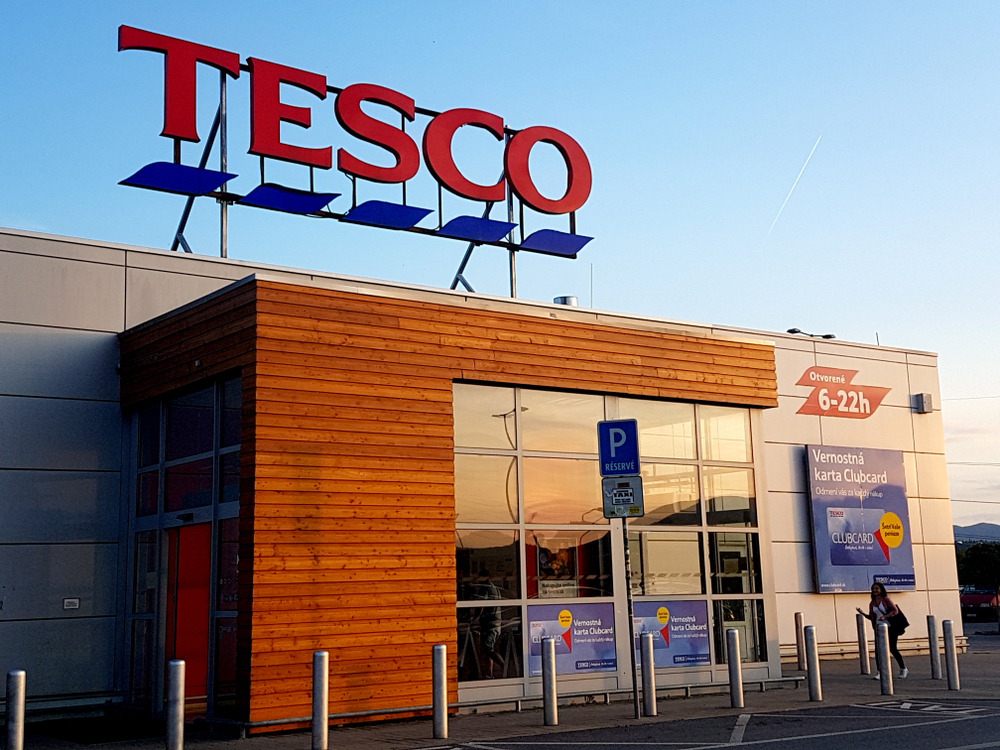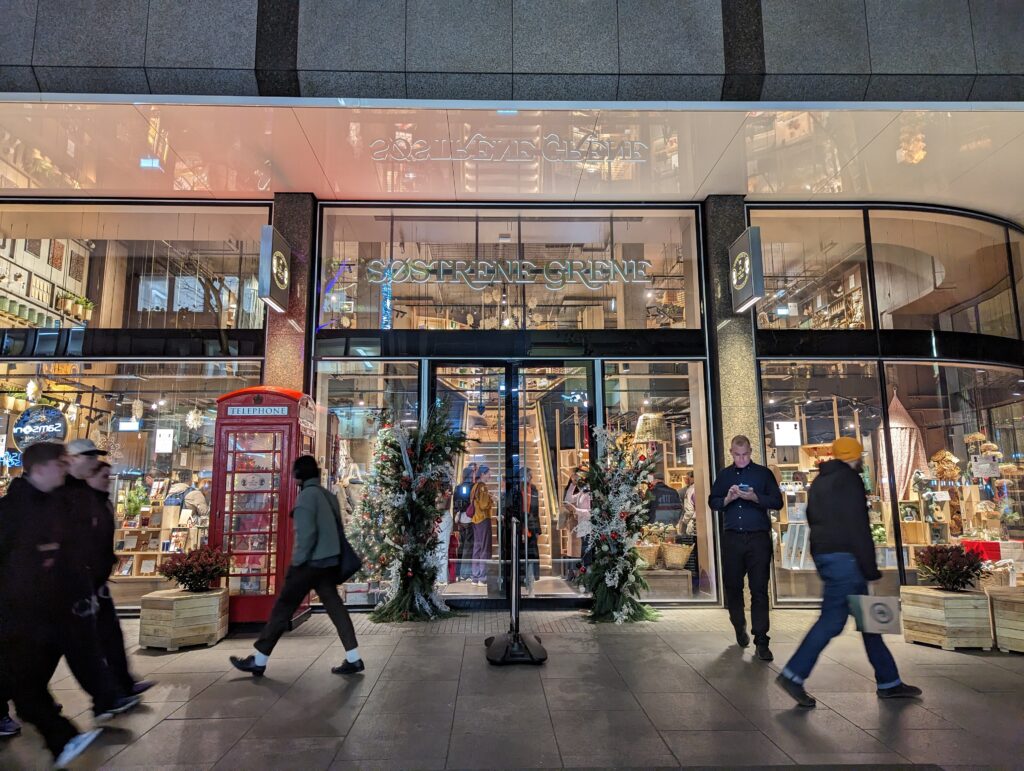// HMV missed out on up to £3.35m in tax relief for business rates
// New figures emerge a week after HMV officially fell into administration
HMV was denied a £3.35 million government tax cut before it entered administration, new figures have revealed.
The iconic entertainment retailer, which filed for administration between Christmas and New Year, blamed a “tsunami” of retail challenges, including business rate levels.
It said it paid £15 million on sales of £277 million, meaning £1 in every £18.5 going through the tills went on property taxes.
Real estate adviser Altus Group said HMV should have been a big “winner” under the 2017 business rates revaluation, when the rateable values on 87 of the retailer’s stores used to calculate business rates liabilities fell by almost a fifth to 19.4 per cent.
However, in order to help pay for caps and limits on how quickly bills could increase for those firms facing sharp increases, strict limits were imposed by the government on tax reductions.
Premises with rateable values over £100,000, which saw their property values plummet in struggling areas, were restricted to tax reductions in business rates bills of just 4.1 per cent before the effects of two per cent inflation in the 2017/18 financial year.
For the 2018/19 financial year, they were limited to just 4.6 per ent before the effects of three per cent inflation.
Restrictions were also imposed on reductions for small and medium sized premises.
Analysis of official government data by Altus Group reveals through the policy of “Transitional Relief”, which only applies to tax bills in England, HMV were denied tax reductions of £1.88 million for 2017/18 and £1.47 million for the current financial year.
This means the retailer missed out on a total of £3.35 million worth of reductions.
For example, HMV’s Stockport store saw its rateable value fall 53.44 per cent from £305,000 to £142,000.
Under the system of limiting business rates reductions, its bill only fell marginally by £5340 in 2017/18 to £146,245, and £7,850 during 2018/19 to £143,735.
Altus Group head of business rates Robert Hayton said places where respite was needed were “not getting the fair deal they need” to respond to changing markets, leaving even more stores vulnerable to closure.
“Where local economies are struggling and rental values fall significantly, businesses must benefit from the full tax reduction immediately at a revaluation or you are left with the absurd position of certain premises having to pay a tax rate of over 100 per cent of a property’s estimated rental value,” he said.
“Caps on large increases are an important part of rating and act as a shock absorber but could be paid for by a small supplement.
“It would be like an insurance premium against a steep future increase in liability.”
Click here to sign up to Retail Gazette‘s free daily email newsletter


















